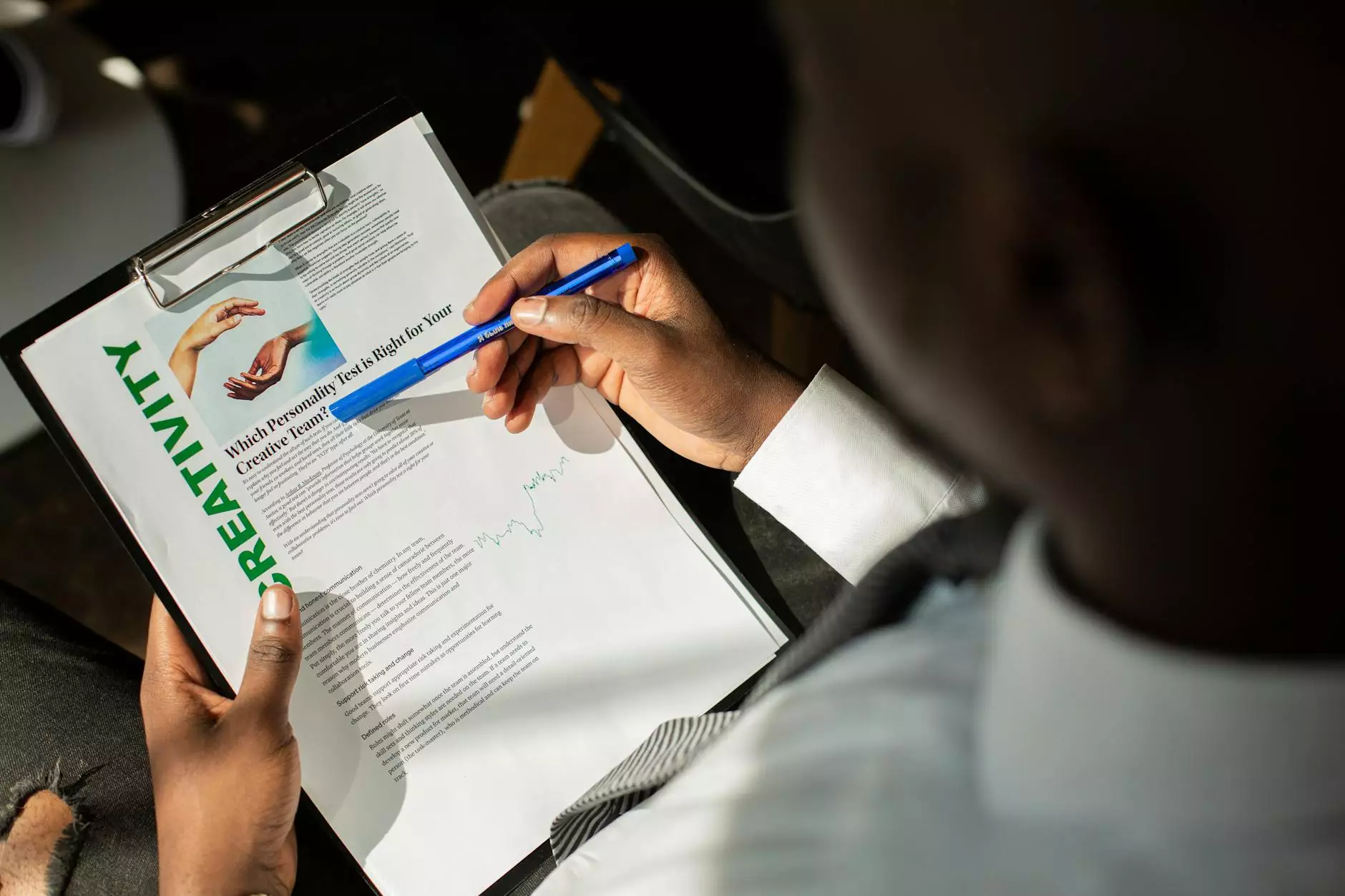The History of School Libraries in Nigeria: A Comprehensive Overview

The history of school libraries in Nigeria is a rich tapestry that reflects the evolution of education and the vital role that libraries play in the academic development of students. Since their inception, school libraries have served as crucial resources for learning, research, and personal growth. This article delves into the origins, challenges, and future prospects of school libraries in Nigeria.
1. Early Beginnings of Libraries in Nigeria
Before examining school libraries specifically, it's important to understand the broader context of libraries in Nigeria. The use of libraries can be traced back to the pre-colonial period when knowledge was passed down orally and through limited written texts. However, the introduction of formal libraries in Nigeria began with colonial rule in the late 19th century.
1.1 Colonial Impact
The colonial period marked the establishment of the first libraries in Nigeria. These libraries were primarily set up by the British for their administrative and educational purposes. The Royal African Society established a library in Lagos in 1900, which laid the groundwork for future public and school libraries.
2. The Development of School Libraries in Nigeria
As education began to expand in Nigeria, school libraries started to emerge as essential components of educational institutions. The first school libraries were established in missionary schools, which played a significant role in spreading literacy and formal education among Nigerians.
2.1 Role of Missionary Schools
Missionary schools, founded by European missionaries, set up libraries to supplement their educational curricula. These libraries provided students with access to a wide range of educational materials, including religious texts, textbooks, and literature. This helped to foster a culture of reading and learning that would be pivotal in shaping Nigeria's educational landscape.
2.2 Establishment of Government Schools
With the advent of government schools in the early 20th century, the variety of materials in school libraries began to diversify. By this time, the focus shifted toward more comprehensive educational resources. The Nigerian government's commitment to literacy and education prompted the establishment of standardized school libraries across the nation.
3. Challenges Faced by School Libraries in Nigeria
Despite the pivotal role that school libraries play in education, they face numerous challenges that hinder their effectiveness. Here are some of the most significant issues:
- Inadequate Funding: Many school libraries suffer from a lack of financial resources, which limits their ability to acquire new books and technology.
- Poor Infrastructure: In many areas, the physical condition of school libraries is subpar, impacting students' ability to access these essential resources.
- Limited Awareness: There is often a lack of awareness about the importance of school libraries among educators and policymakers.
- Technological Barriers: The rapid advancement of technology poses challenges, as many libraries struggle to keep up with digital resources.
4. The Importance of School Libraries in Education
School libraries are invaluable for educational development. They provide students with access to information and resources that are essential for learning and personal growth. Here are some key benefits:
4.1 Resource Availability
School libraries offer a wide range of resources such as books, journals, and digital materials that cater to a variety of subjects. This access empowers students to conduct thorough research and enhances their understanding of different topics.
4.2 Promotion of Literacy
The presence of a school library promotes literacy by encouraging reading habits among students. By offering a comfortable and inviting space for reading, libraries stimulate students' interest in books and learning.
4.3 Support for Curriculum
School libraries support the educational curriculum by providing relevant materials that complement classroom instruction. Teachers can utilize library resources to enhance their lessons, making learning more engaging and comprehensive.
4.4 Development of Research Skills
Library programs often incorporate training in research skills, teaching students how to seek, evaluate, and utilize information effectively. These skills are crucial not only for academic success but also for lifelong learning.
5. Modernization and the Future of School Libraries in Nigeria
As we look to the future, it is essential for school libraries in Nigeria to modernize and adapt to new educational demands. The integration of technology and digital resources is becoming increasingly important in this regard.
5.1 Digital Libraries
The rise of digital libraries presents an opportunity for Nigerian school libraries to expand their reach and resources. Digital platforms allow libraries to provide students with access to vast amounts of information at their fingertips, transcending geographical barriers.
5.2 Training for Librarians
Professional development and training for librarians are critical for the enhancement of library services. Well-trained librarians can better manage library resources and support students' educational needs more effectively.
6. Conclusion
The history of school libraries in Nigeria is a testament to the evolution of education and its profound impact on society. Despite facing various challenges, school libraries remain crucial in fostering a culture of reading and promoting academic success among students. By addressing the current issues and adapting to modern educational demands, Nigeria can enhance the effectiveness of its school libraries and secure a brighter future for its students.
7. Additional Resources
For those interested in exploring more about the history of school libraries in Nigeria and their role in education, consider checking out the following resources:
- Nigerian Association of School Librarians
- Nigerian Library Association
- ResearchGate for Scholarly Articles
- UNESCO Literacy Programmes









